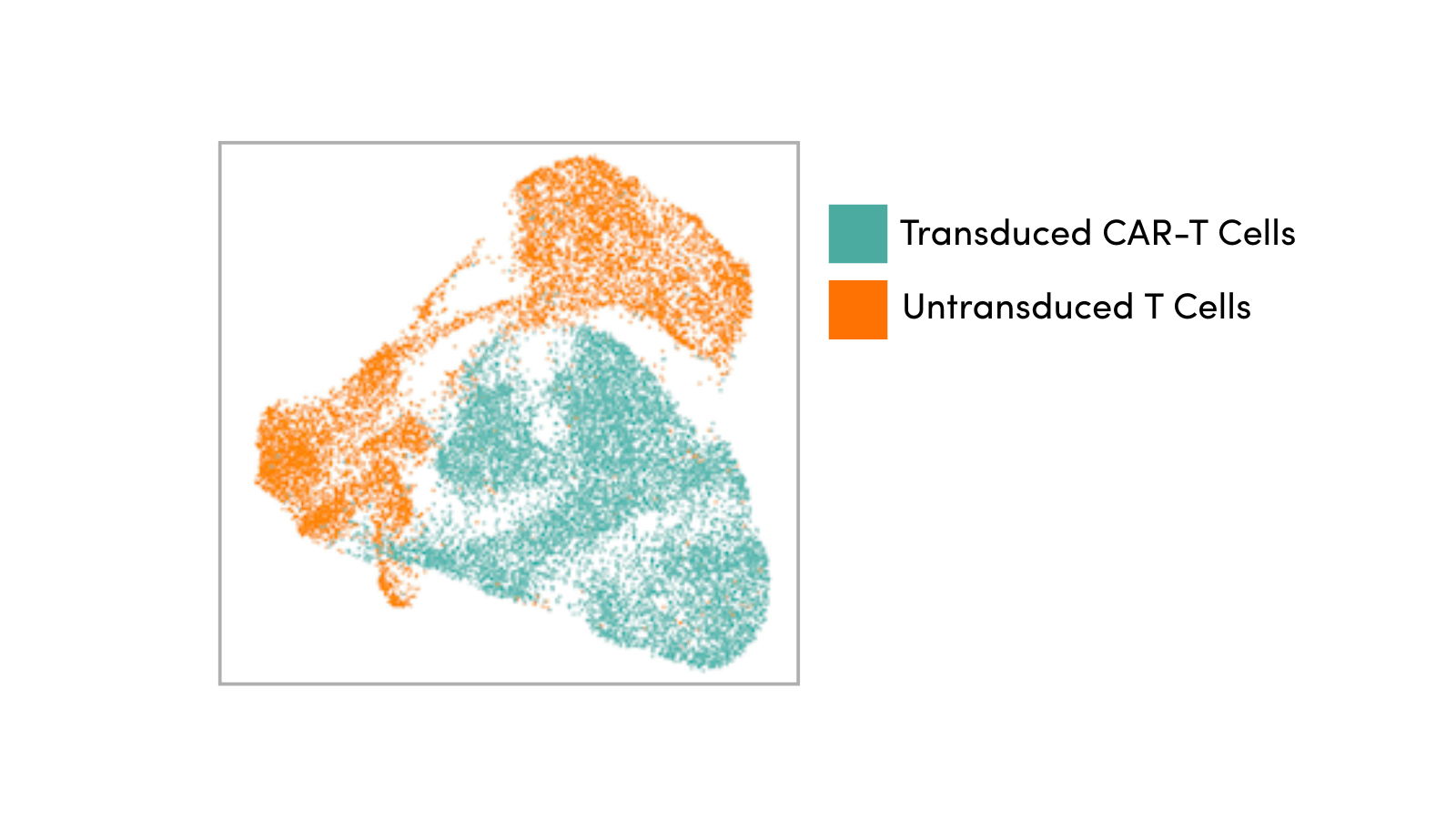We're excited to partner with Science: Disrupt to present a five-part podcast exploring what "Responsible Science" means amid the reproducibility crisis.
Episode 1: Overview
Guest: Stephen Buranyi, Guardian Longread contributor
“When I’m talking about the replication crisis, what I mean is science done in a way that is not replicable because the experiments are not very valid. And they’re not valid because you’ve essentially replicated them poorly yourself. You cherry picked in some way, etcetera. It’s not that it’s not replicable because you’re not sharing enough about it. One of those things has an easy fix: one is a cultural effect and one is a technological effect.” ~ Stephen Buranyi
Episode 2: The Disruptors
Guests:
- Lenny Teytelman, Co-Founder and CEO of Protocols.io – an open-access repository for science methods
- Ben Miles, Head of Product at Transcriptic – the robotic cloud laboratory
- Tom Leung, Founder and CSO of BenchSci – AI-driven software for antibody search
Episode 3: The Industry
Guests:
- Josh Ghaim, CTO of Consumer R&D at Johnson & Johnson
- Roby Polakiewicz, CSO at Cell Signaling Technology
Episode 4: Publishing
Guests:
- Alison Mudditt, CEO of PLOS
- Ivan Oransky, Co-Founder of Retraction Watch
- Richard Sever, Co-Founder of bioRxiv
Episode 5: The Next Generation
- Ali Afshar, Co-Founder of Hack Science
- Daniela Saderi, Co-Founder of PREreview
- Chris Hartgerink, Mozilla Science Fellow






